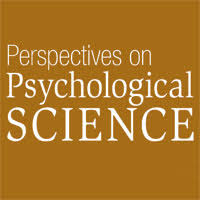Role of lifestyle, social connections in contracting COVID-19
Editor's Note
Current research shows that unhealthy lifestyle choices, including smoking and lack of exercise, along with emotional stressors like social isolation and interpersonal conflicts are important risk factors for developing upper respiratory infections, and it is possible these same factors increase the risk of contracting COVID-19, researchers from Carnegie Mellon University say.
The researchers have found that psychological and social stressors are associated with an overproduction of proinflammatory chemicals known as cytokines in response to cold and influenza viruses, and this excess of inflammation is associated with an increased risk of becoming ill.
Similarly, research on COVID-19 has shown that producing an excess of proinflammatory cytokines is associated with more severe COVID-19 infections. This suggests that a stress-triggered excessive cytokine response might contribute to excessive inflammation and symptoms in COVID-19 patients.
The researchers prior body of research also may be relevant to the COVID-19 pandemic because the most potent predictors of disease, interpersonal and economic stressors, are the types of stressors that are commonly experienced among those who are isolated or in quarantine.
The researchers say they hope their research will inform the public and scientific community of the importance of behavior, psychological states, and social interactions to our health and to the onset and progression of respiratory infectious diseases.
Read More >>

 Free Daily News
Free Daily News